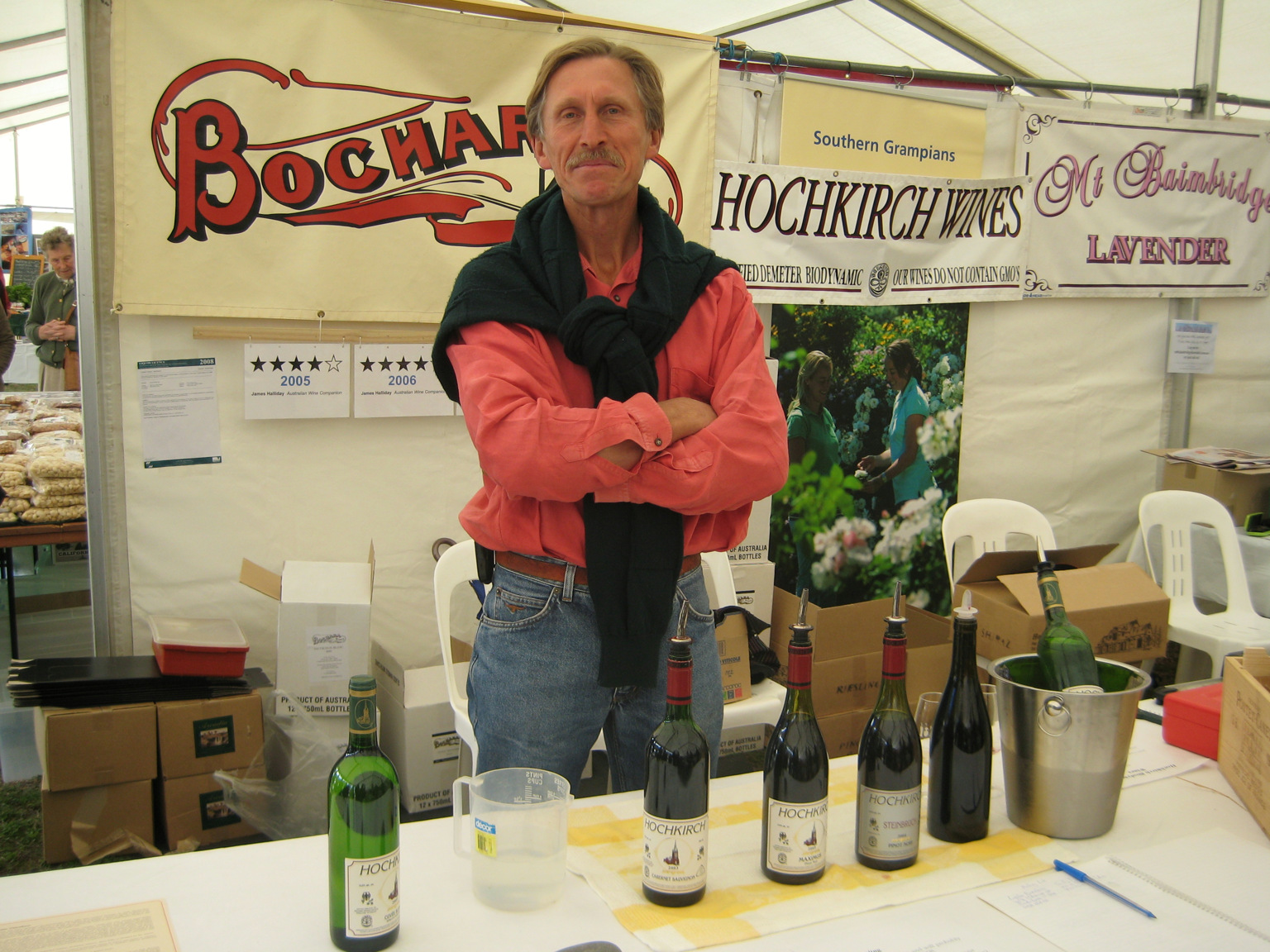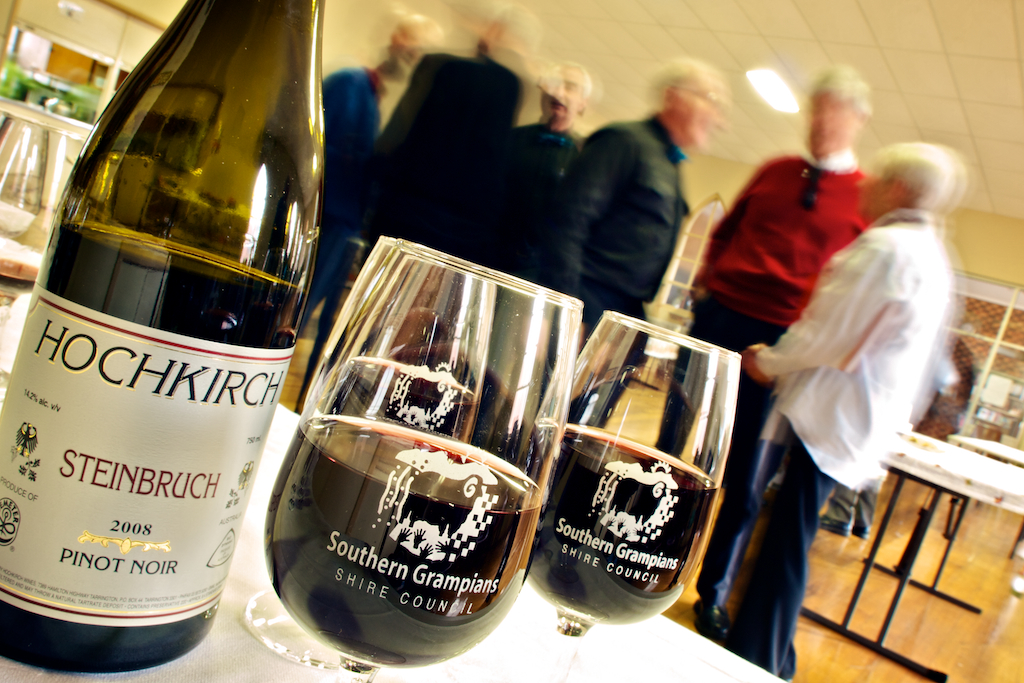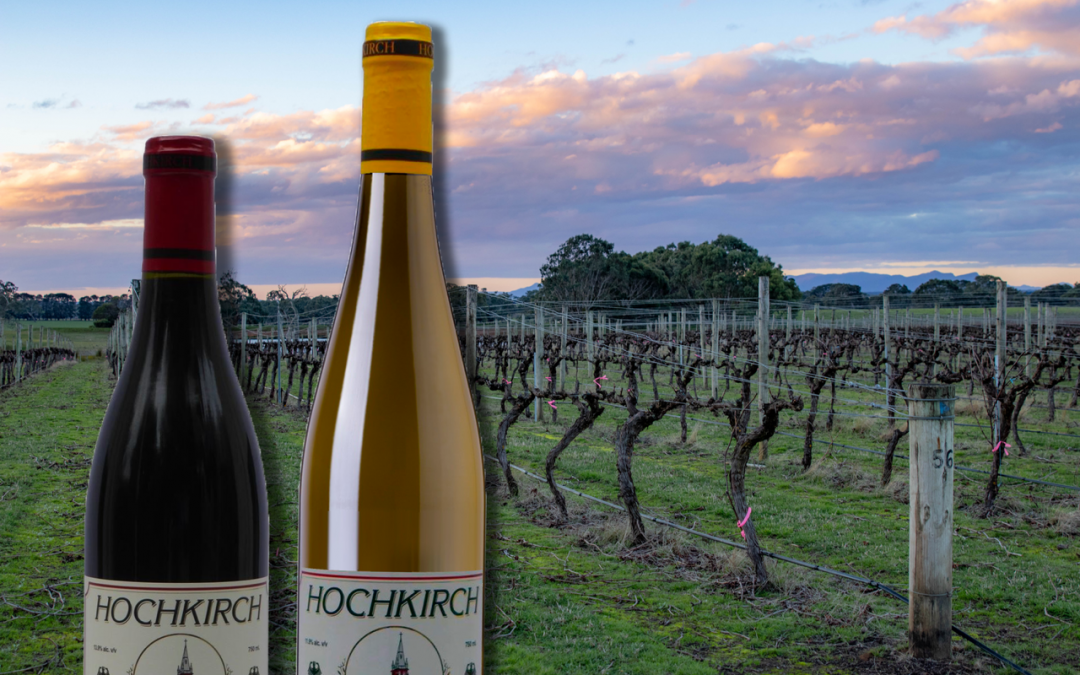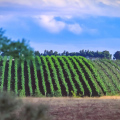Stretching across a magnificent 20-acre expanse, nestled nearby the Grampians, in the picturesque town of Tarrington is Hochkirch Wines; a family-owned and family-run vineyard. As part of the infamous Henty wine region, the grapes grown and the wine produced is of the highest quality and piquancy. But Hochkirch also brings a distinct point of difference to their winemaking. Committed to Rudolf Steiner’s biodynamic approach to agriculture, Hochkirch Wines actively engage biodynamic methods to grow their fruit and complete their post-harvest process. As such, their fruit is flavourful, their wines vibrant and the development sustainable. So, why did Hochkirch opt for a biodynamic approach? What exactly does this entail? And what are the distinct differences in such a wine? Learn more about this holistic approach to winemaking as John Nagorcka of Hochkirch Wines talks biodynamic with us.

How long have you been involved in winemaking business and how did you get involved?
We first planted vines in 1990 after seeking an enterprise for our property that would allow us to value add for our benefit rather than for intermediaries and give us the capacity to create a brand that could distinguish our products from the broad market
Your vineyard is biodynamic, can you please explain what this means and entails?
Biodynamic farming is a well-defined method of chemical-free agriculture founded on the insights of Rudolf Steiner and based on a holistic understanding of soil and plant physiology and of the interactions of this with the general environment. Its premise (easily proven by tasting the product) is that healthy structured soil (that is soil containing large amounts of organic carbon in the form of stable humus) allows plants to grow as nature intended and results in food which is nutritionally superior and tastes better than the conventionally grown product force-fed by soluble fertiliser in poor quality soil.
Why did you opt for a biodynamic winery?
We chose to use the biodynamic method because of the expectation of a better quality product. It should be noted that wine is unusual as an agricultural product in that at least at the upper end of the market it is quality rather than quantity which is valued.
Is there a difference in the taste of biodynamic wines?
Biodynamic wine does taste different. The most striking difference is the quality of the acid and not unexpectedly this is also the first thing seen in biodynamic fruit. Biodynamic acid is ripe, lively and enlivens the taste. Compared to the acid in conventional wine or fruit which is dull, hash and linear.
What types of wines does Hochkirch produce and how are they unique to this region?
Hochkirch produces Pinot Noir, Syrah, Riesling, Chardonnay and Blanc (Semillon/Sauvignon Blanc). They are unique because they faithfully reflect our vineyard, our season and we the farmers skipping lightly on our earth. 
Visit Hochkirch Wines Cellar Door and sample their delectable wines for yourself. Sales and cellar door visits by appointment only.
Hamilton Highway, Tarrington
Phone – (03)5573 5200
For more information on the exceptional Henty Wine region, visit – www.hentywineregion.org.au






